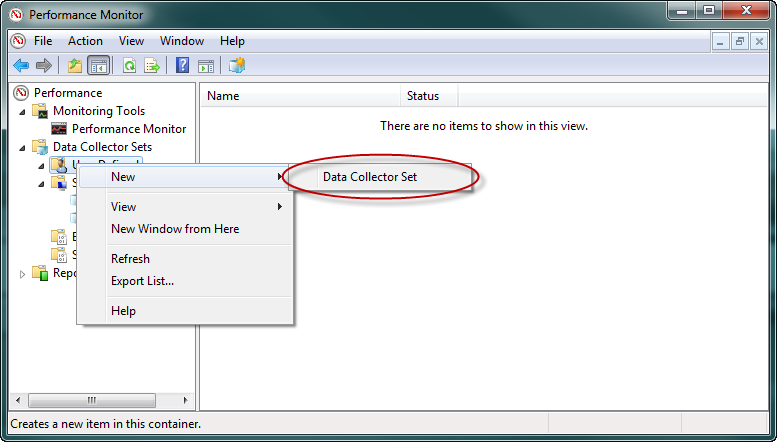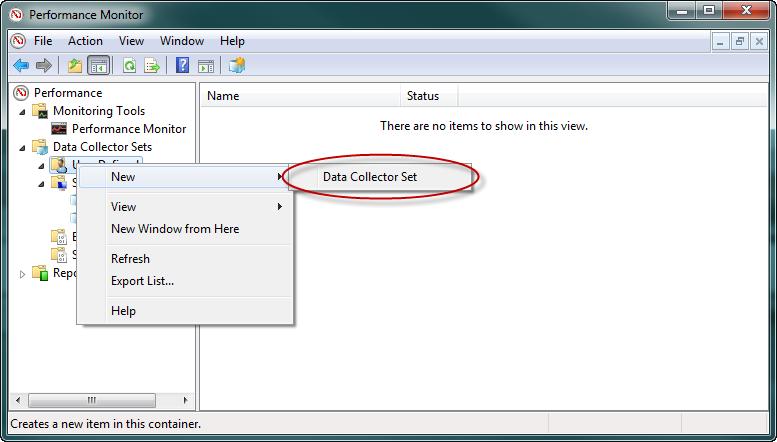Hi everyone,
I’ve been working on some research into the relative performance of various cloud offerings over recent weeks and I thought that it might be interesting to share my findings here. Last week my company published a whitepaper based on the research that I carried out over recent weeks comparing the relative performance of MS Azure, AWS and VMWare from a local IaaS provider. In each case we used the same two-tier application with the same test data and ran performance tests to see how each platform stood up to the load.
Surprisingly we ended up with results that showed that cloud could be both faster…and slower than physical hardware which seems to have caused some interest in the UK IT press.
http://www.businesscloudnews.com/infrastructure-as-a-service-/487-speed-of-cloud-no-issue-says-uk-specialists.html
http://forcearchitects.deliveredinnovation.com/2011/07/29/cloudup-7-29-2011/
http://www.v3.co.uk/v3-uk/news/2097905/cloud-beats-physical-infrastructure-configuration
http://www.thedatachain.com/news/2011/7/cloud_is_just_as_fast_as_conventional_hosting_environments
http://www.retailtechnology.co.uk/news/cloud-fast-and-more-reliable-retailers
http://www.microscope.co.uk/cloud-is-as-fast-as-physical-servers-report-claims/
If you’d like to see the whitepaper, you can get a copy from this URL.
http://intechnica.co.uk/Events/How-Fast-Is-The-Cloud
I’d be interested in any feedback that the members of this group might have on the research.
All the best
Richard
I’ve been working on some research into the relative performance of various cloud offerings over recent weeks and I thought that it might be interesting to share my findings here. Last week my company published a whitepaper based on the research that I carried out over recent weeks comparing the relative performance of MS Azure, AWS and VMWare from a local IaaS provider. In each case we used the same two-tier application with the same test data and ran performance tests to see how each platform stood up to the load.
The test application was nopCommerce which is a two-tier .NET application which uses a SQL back-end,
Surprisingly we ended up with results that showed that cloud could be both faster…and slower than physical hardware which seems to have caused some interest in the UK IT press.
Business Cloud News “Speed of cloud no issue, say UK specialists”
Force Architests “Cloudup 29th July 2011”
v3.co.uk “Cloud beats physical infrastructure if configuration is right“
The data chain “Cloud is just as fast as conventional hosting environments”
Retail Technology “Cloud: fast and more reliable for retailers?”
Microscope “Cloud is as fast as physical servers report claims“
If you’d like to see the whitepaper, you can get a copy from Intechnica.
I’d be interested in any feedback that any readers of these articles might have on the research.



